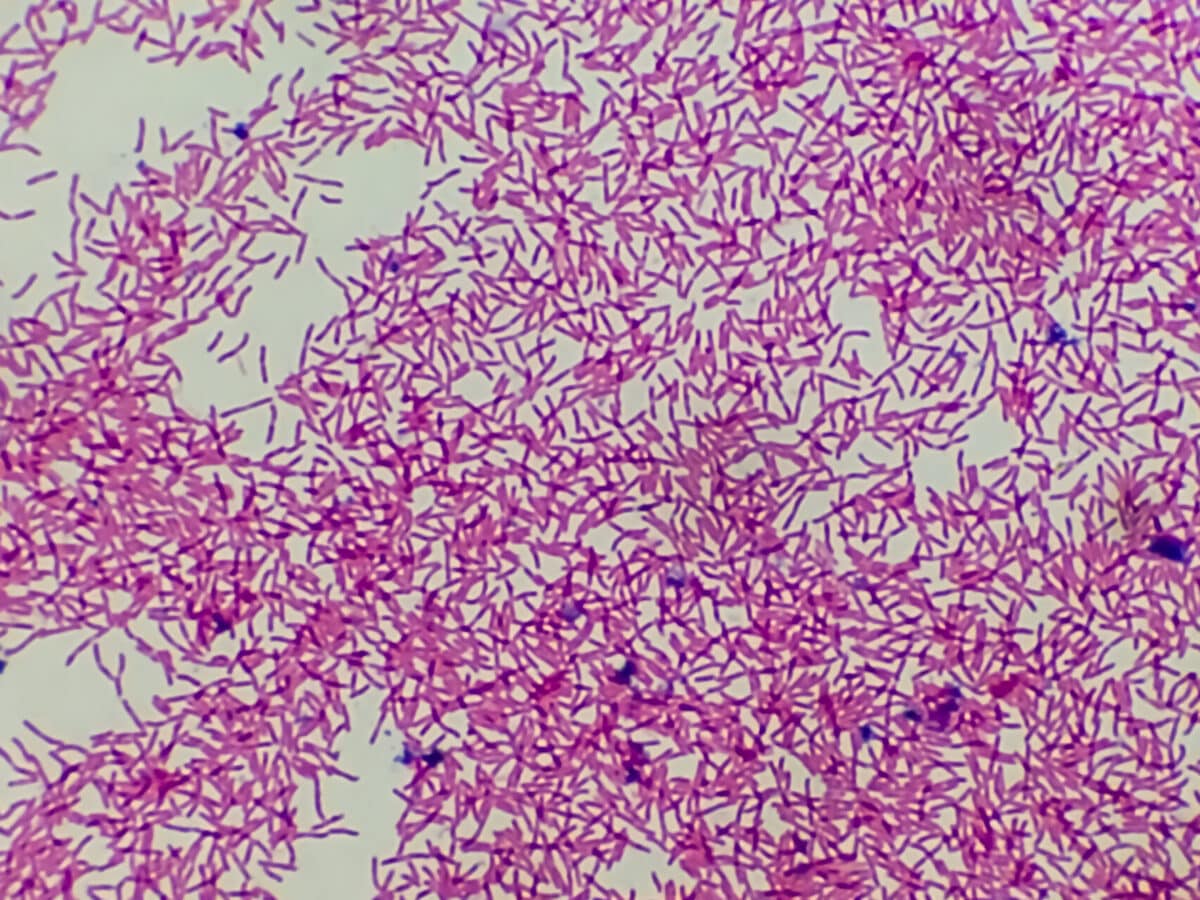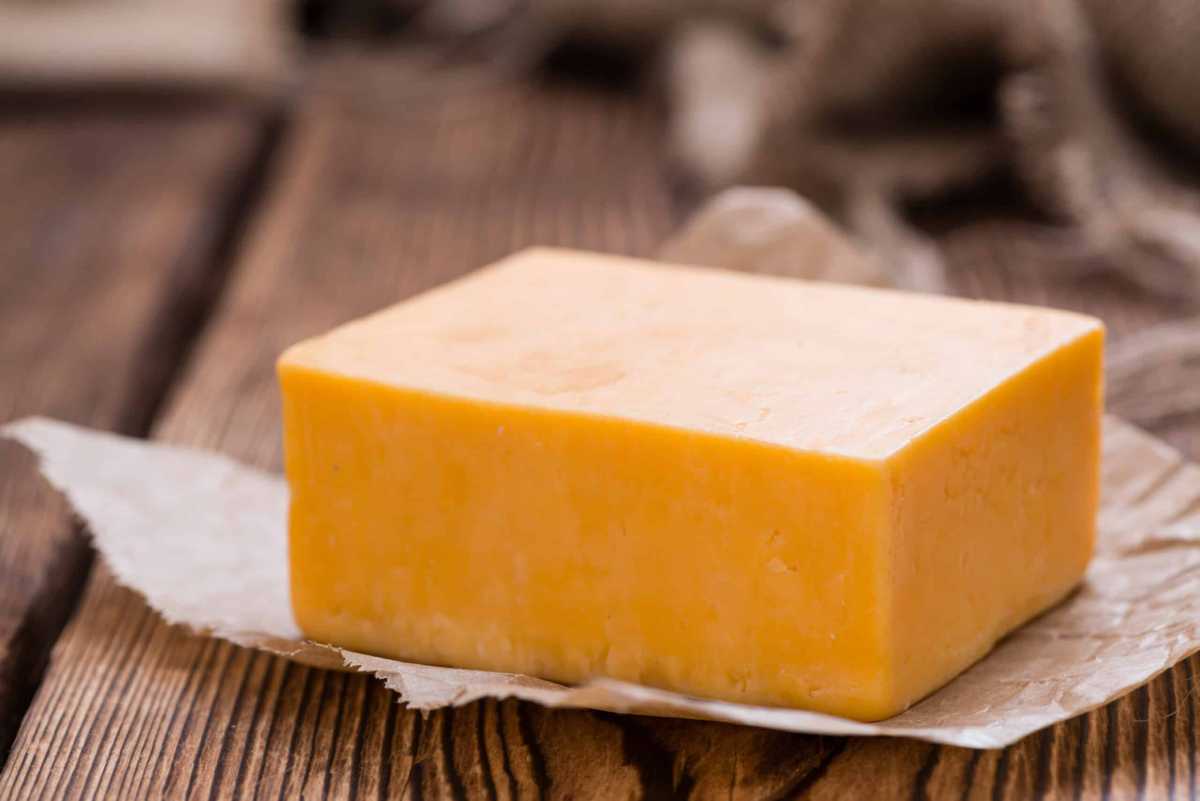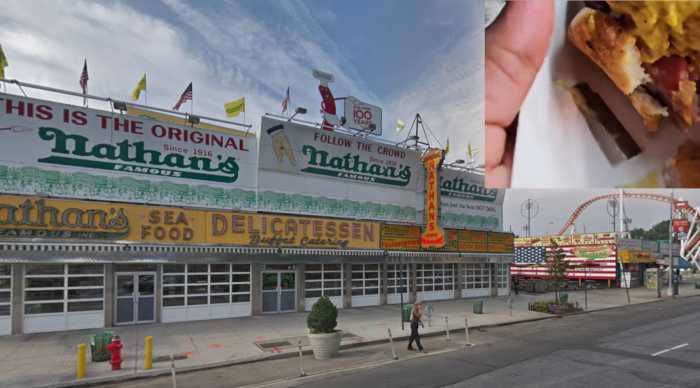The Centers for Disease Control and Prevention issued a food safety alert on Friday warning consumers of an outbreak of E. coli linked to raw milk cheese sold in stores across the country.
The source of the outbreak is Raw Farm brand raw cheddar cheese. The recalled products are all sizes of blocks and shredded packages in flavors including original and jalapeno.
At press time, the CDC reported 10 illnesses from four states: Texas, Utah, Colorado and California. Four people have been hospitalized and one person developed hemolytic uretic syndrome, a serious condition that can cause kidney failure.
No deaths have been reported.

Raw Farm has agreed to recall products and is working with the Food and Drug Administration on the investigation. The brand is sold nationwide, including in New York.
Aaron McAfee, president of Raw Farm, sent a statement to amNY saying that no products have tested positive for E. coli and the recall only pertains to raw cheddar cheese with certain date codes.
“Our retail partners have pulled the product that is subject to this voluntary recall and all product on the shelf as of today is legal for sale,” McAfee said. “We issued this voluntary recall in an abundance of caution and in cooperation with FDA/CDC based on PulseNet data, not product testing or direct connection with consumer illness. Some of the ill patients reported not consuming raw cheddar cheese. Consumer health and safety is our highest priority.”
What if you have the recalled cheese?
The CDC lists immediate steps to take if you have Raw Farm raw cheddar cheese:
- Do not serve the products. Throw them away.
- Wash and sanitize items and surfaces that may have come in contact with contaminated cheese.
- Call your healthcare provider right away if you have any severe E. coli symptoms.
- Wash surfaces and containers that may have touched the products using hot soapy water or a dishwasher.
What is E. coli and what are symptoms of infection?

According to the Mayo Clinic, Escherichia coli (E. coli) bacteria normally live in the intestines of healthy people and animals. Most types of E. coli are harmless or cause relatively brief diarrhea. But a few strains, such as E. coli O157:H7, can cause severe stomach cramps, bloody diarrhea and vomiting.
People will usually experience symptoms a few days after swallowing the bacteria. Most people recover without treatment after five to seven days.
The CDC advises people to call a healthcare provider if they have any of these severe E. coli symptoms:
- Diarrhea and a fever higher than 102 degrees
- Diarrhea for more than three days that is not improving
- Bloody diarrhea
- So much vomiting that you cannot keep liquids down
- Signs of dehydration, which include not urinating as much, dry mouth and throat and feeling dizzy when standing up
- Feeling very tired
- Losing pink color in cheeks and inside the lower eyelids
Doctors advise anyone who has ingested these products to be on the lookout for symptoms.
“There is nothing to do if you’ve already eaten it but to watch out for symptoms,” said Supriya Rao, M.D., a board-certified physician in internal medicine, gastroenterology, obesity medicine and other fields. “The good news is most of these infections go away on their own without treatment. If you have pain when urinating or aren’t urinating at all, seek medical attention. If your abdominal pain is severe or long lasting, seek medical treatment.”
Is E. coli contagious?
If you suspect you have E. coli, be sure to rest and stay hydrated. Be mindful that it can be transmitted from person to person, so doctors advise patients to stay home if they are sick.
“If you have symptoms, you are contagious to other people,” Rao said. “Once you are symptom-free for 48 hours, you may return to work or school.”
Bridget Cole Williams, M.D., a board-certified family physician, underscored the importance of keeping hands clean and surfaces sanitized to help prevent E. coli transmission.
“Number one is washing your hands, but it’s also important to wash and sanitize surfaces,” Williams said. “If you have pets, you need to make sure you’re handling their excrement the right way.”
Who is more at risk of getting sick from E. coli?
E. coli infection can affect anyone, but older adults and younger children have an increased risk of experiencing illness, explained Fred Davis, M.D., associate chair, emergency medicine at Long Island Jewish Medical Center.
Eating foods such as unpasteurized milk and soft cheeses made from raw milk also puts people at risk.
For more information about the recall or E. coli, visit cdc.gov.
Read more: Queens Phagwah Parade Makes History





































